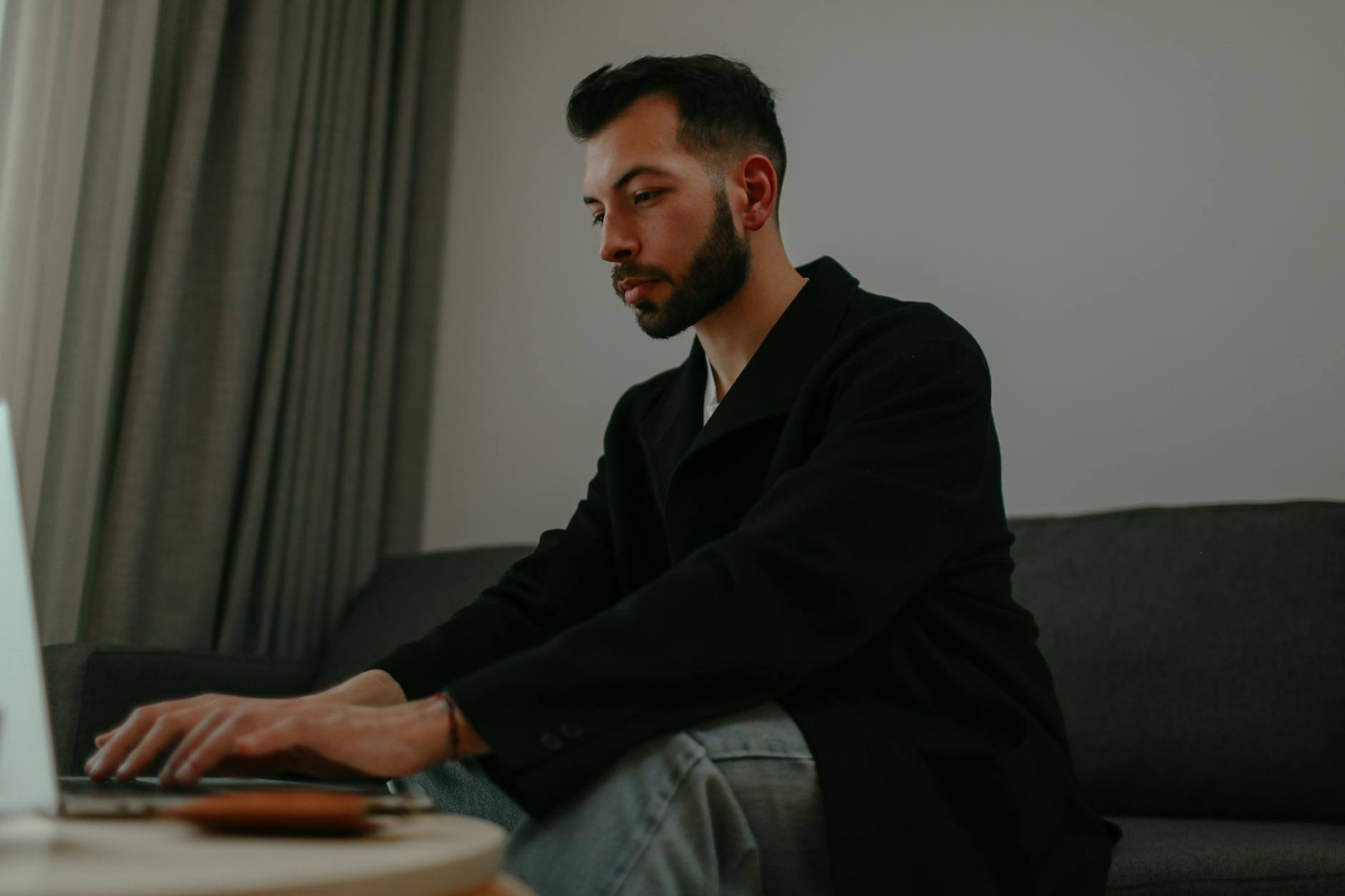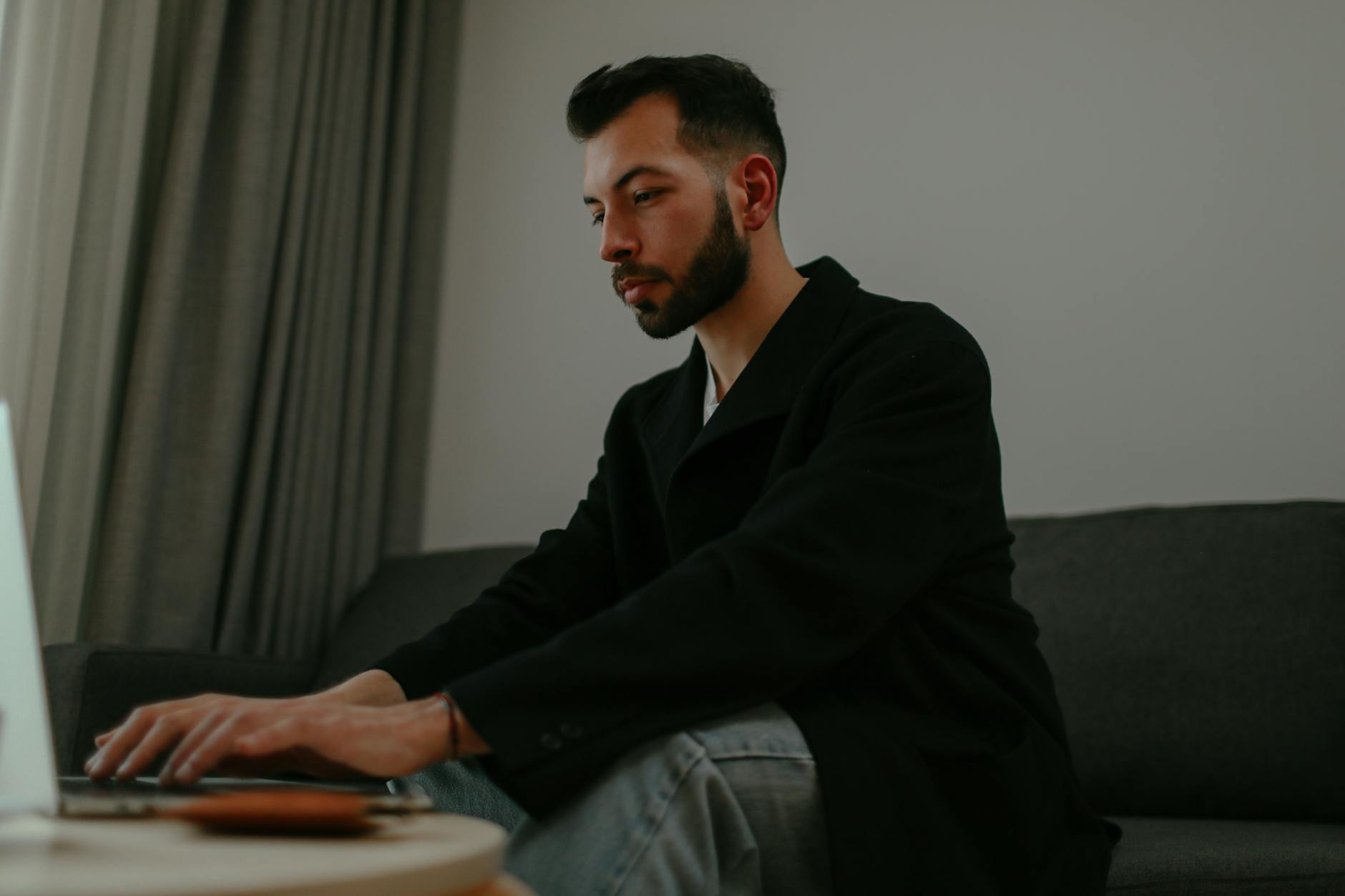The Roundtable: The Meaning of Courage in the Face of Autocracy

Editor's Note: Welcome to our monthly roundtable discussion. Each month, our five student editors will come together to debate a major issue shaping our world. This transcript has been lightly edited for length and clarity.
Minwoo Jung: The news of Alexei Navalny's death in an Arctic prison camp was, unfortunately, not a surprise. It was the logical conclusion of the path he chose and the nature of the regime he was fighting. He was, without a doubt, the most effective and courageous opposition leader of his generation in Russia. But his death feels like the final closing of a door on the hope for a different kind of Russia. I wanted to start by asking what you all think his legacy will be.
Saerom Kim: It's that courage that makes his story so compelling, but also so tragic. Watching from the outside, it's hard not to see it as a story of a single, brave individual against an all-powerful, ruthless state. His decision to return to Russia in 2021, knowing he would be arrested, was an incredible act of defiance. But it also makes me wonder, what does it mean when the only form of opposition left is martyrdom? It feels so hopeless. The images of ordinary Russians laying flowers at memorials for him, only to be arrested by police, were just heartbreaking.
Anthony Min: I don't mean to be cynical, but from a strategic finance perspective, the market's reaction tells the story. There was no reaction. The Russian stock market didn't move. The ruble was stable. As tragic as his death was on a human level, it had zero impact on the stability or the economic functioning of the Putin regime. It shows that, in the cold calculus of power and money, the internal opposition in Russia has been completely neutralized as a meaningful force. The regime is stable, and investors know it.
Minwoo Jung: I think that's a harsh but accurate assessment, Anthony. Navalny's death is the final consolidation of Putin's absolute power. It was a message sent just weeks before the sham presidential "election," a signal to any other elites who might be thinking of challenging him that there is no line he will not cross. He has successfully created a system where there is no alternative, no path for a peaceful transition of power. That is a deeply dangerous situation for Russia and for the world.
Yehee Jung: It also feels like a systemic failure of the international community. We watched him get poisoned, we watched him get arrested, we watched him get subjected to show trials, and we watched his health deteriorate in prison. And aside from issuing strongly worded statements of condemnation, what did the West really do? It feels like we have no effective tools to protect figures like Navalny or to hold a regime like Putin's accountable for its actions within its own borders. It reveals a deep weakness in our system of international human rights.
Saerom Kim: It also exposes the limits of his own strategy. His message was based on the belief that if you could just show the Russian people the scale of the regime's corruption, they would rise up. He used his YouTube documentaries to do that brilliantly. But it turns out that exposing the truth is not enough, especially in a state with such a powerful propaganda machine and a willingness to use overwhelming force against its own people.
Yonghyuk Choi: It's the ultimate individual versus the system story, which is what we find so compelling in sports. It's the underdog taking on the unbeatable champion. But in the real world, unlike in the movies, the underdog doesn't always win. And his loss is a loss for everyone who believes in that possibility.
Final Thoughts
Yonghyuk Choi: Navalny's story is a tragic reminder that in the real world, unlike in sports, courage and talent don't always guarantee a victory.
Anthony Min: His death, while a human tragedy, was a non-event for the financial markets, which is the most brutal assessment of his political impact.
Saerom Kim: He represented the hope that one person's courage could change a nation, and his death feels like the death of that hope.
Yehee Jung: This was a catastrophic failure of the international human rights system to protect a political prisoner from a slow-motion, state-sanctioned murder.
Minwoo Jung: The murder of Navalny was the final act in Putin's project to eliminate all political alternatives and consolidate his personalist dictatorship.
What do you think? What is the legacy of Alexei Navalny? Let us know your thoughts in the comments below.



